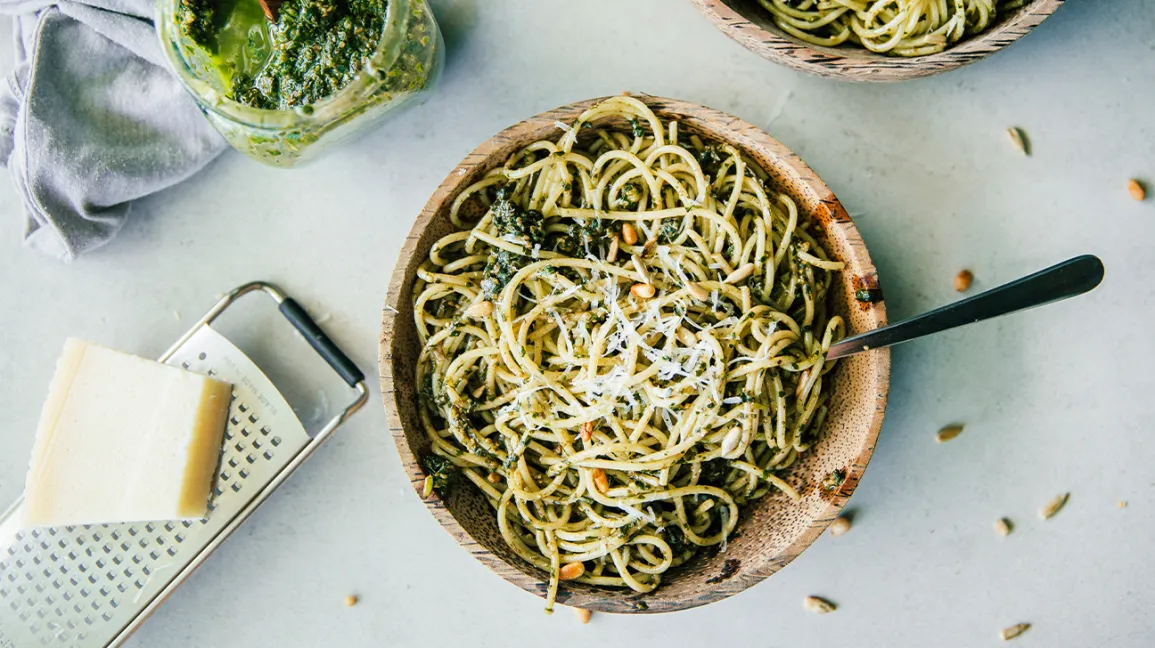Spaghetti, a beloved pasta variety, has found its way into countless kitchens worldwide. Its versatility, simplicity, and deliciousness make it a staple for many households. But have you ever wondered, “how long does spaghetti last?” Let’s dive into the world of spaghetti shelf life, exploring factors that influence its freshness and discovering the best practices for storage.
Factors Affecting Spaghetti Shelf Life
Before we unveil the secrets of spaghetti longevity, let’s understand the factors at play. The quality and shelf life of spaghetti depend on the ingredients used and the conditions it’s exposed to during and after cooking.
Shelf Life of Uncooked Spaghetti
Uncooked spaghetti typically boasts an impressive shelf life. As long as it’s stored in a cool, dry place away from moisture, uncooked spaghetti can remain fresh for an extended period. To maximize its longevity, consider investing in airtight containers and storing it in a pantry.
Shelf Life of Cooked Spaghetti
The clock starts ticking once spaghetti is cooked. While freshly cooked spaghetti is a delight, its peak flavor is best experienced within a certain timeframe. To ensure optimal taste and texture, consume cooked spaghetti within two days. Refrigeration is key to slowing down the aging process, and reheating in a microwave or on the stove can revive its palatability.
Signs of Spoiled Spaghetti
Detecting spoiled spaghetti is crucial for maintaining food safety. Keep an eye out for changes in color, an off-putting odor, or unusual texture. When in doubt, it’s better to discard and prepare a fresh batch.
Proper Storage Practices
Proper storage is the cornerstone of preserving spaghetti freshness. Whether uncooked or cooked, following specific storage guidelines can significantly extend its shelf life.
Pantry Storage vs. Refrigeration
The eternal debate: pantry or refrigerator? Uncooked spaghetti thrives in a cool pantry, while cooked spaghetti demands the chill of a refrigerator. Understand the nuances of each storage method to make informed choices and debunk common myths.
Best Containers for Spaghetti Storage
Choosing the right containers is vital for preserving spaghetti quality. Airtight containers, especially those made of glass or plastic, help prevent moisture and air from compromising the pasta’s texture and taste.
Creative Ways to Use Leftover Spaghetti
Don’t let leftover spaghetti go to waste. Embrace creativity in the kitchen by transforming it into delightful dishes like spaghetti frittatas, stir-fried spaghetti, or spaghetti-stuffed peppers. A little imagination can turn leftovers into culinary masterpieces.
Freezing Spaghetti for Extended Shelf Life
For those seeking a longer shelf life, freezing spaghetti is a game-changer. Discover the proper techniques for freezing and thawing spaghetti to enjoy its flavors weeks or even months later.
Expert Tips for Prolonging Spaghetti Freshness
Unlock the wisdom of chefs and food experts who share their insights on maximizing spaghetti freshness. From innovative storage solutions to surprising cooking techniques, these tips elevate your spaghetti game.
Sustainability in Spaghetti Consumption
While savoring the taste of spaghetti, consider the broader impact of your pasta choices. Briefly explore sustainable practices in pasta production and advocate for responsible consumption to reduce food waste.
Conclusion
In unraveling the mystery of how long spaghetti lasts, we’ve journeyed through the factors influencing its shelf life, proper storage practices, and creative ways to repurpose leftovers. Remember, the key lies in understanding the needs of both uncooked and cooked spaghetti, using suitable containers, and embracing inventive recipes. By adopting these practices, you ensure that every plate of spaghetti you enjoy is a delightful experience.
FAQs (Frequently Asked Questions)
- Can I leave uncooked spaghetti in its original packaging?
- It’s advisable to transfer uncooked spaghetti to airtight containers to maintain freshness and prevent moisture absorption.
- Is it safe to eat leftover spaghetti that’s been refrigerated for more than two days?
- While it’s best to consume within two days, properly stored spaghetti can be safe for up to four days. Trust your senses; if it looks or smells off, discard it.
- Can I freeze cooked spaghetti with sauce?
- Yes, freezing cooked spaghetti with sauce is possible. Ensure it’s in an airtight container, and consider freezing sauce separately for better texture preservation.
- What’s the best way to thaw frozen spaghetti?
- Thaw frozen spaghetti in the refrigerator overnight for even defrosting. Reheat gently on the stove or in the microwave.
- Are there sustainable spaghetti brands?
- Yes, many brands prioritize sustainable pasta production. Look for certifications or information on their commitment to environmentally friendly practices.

